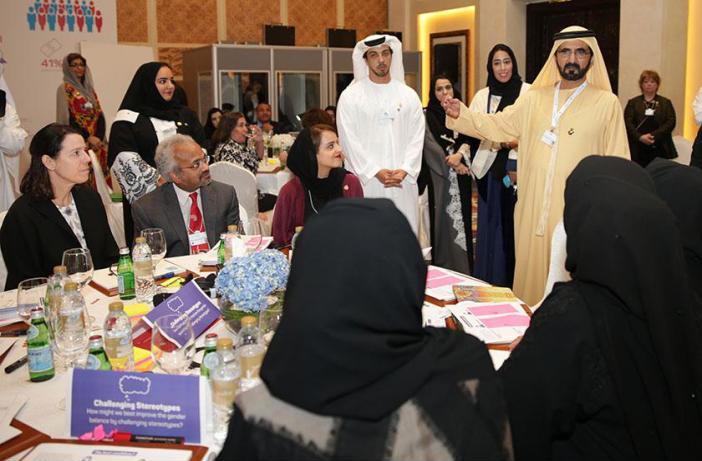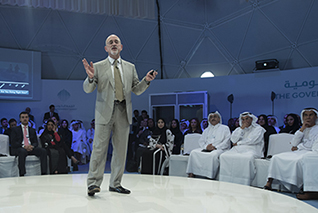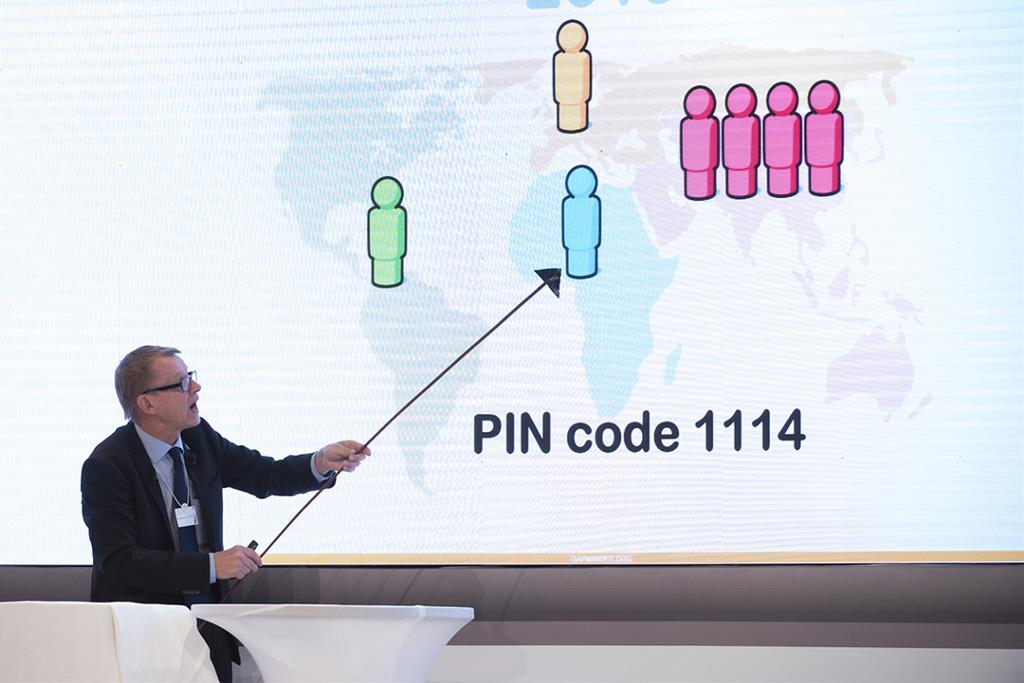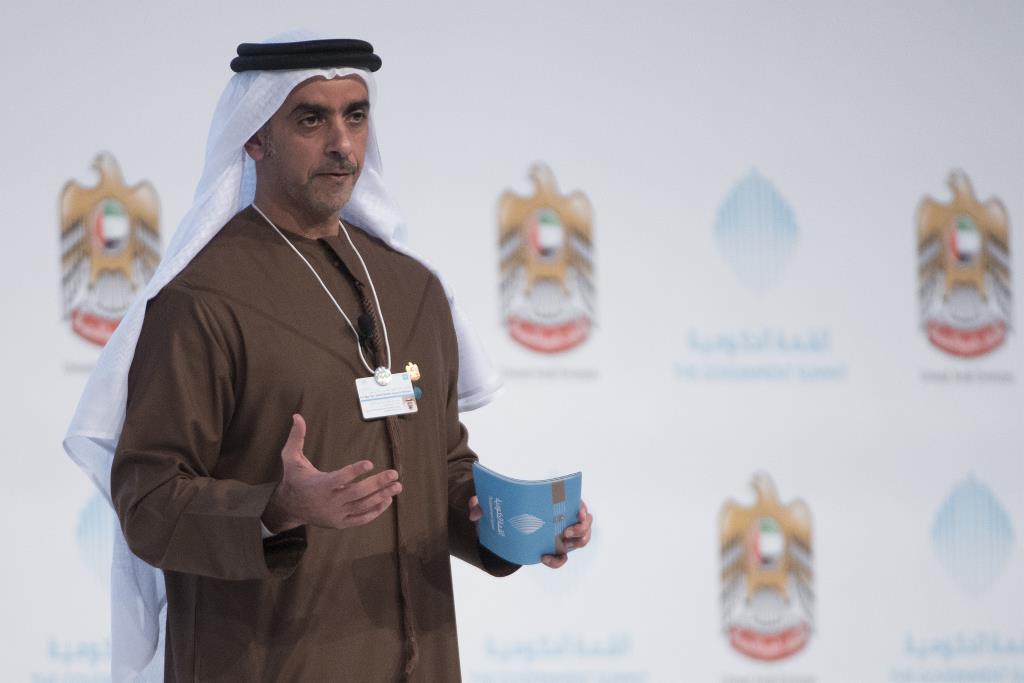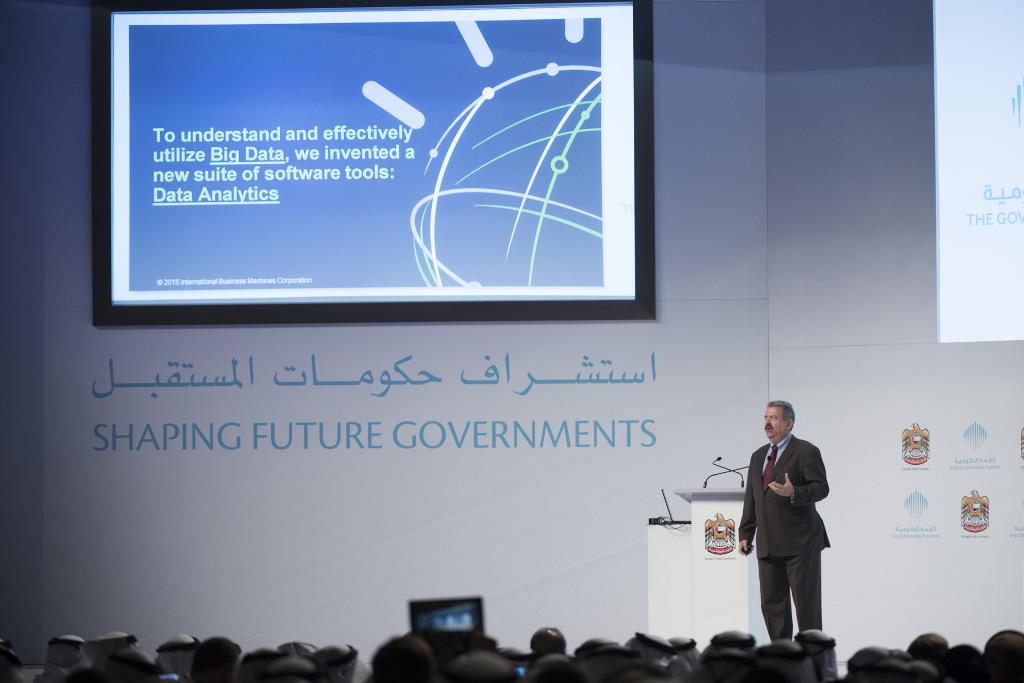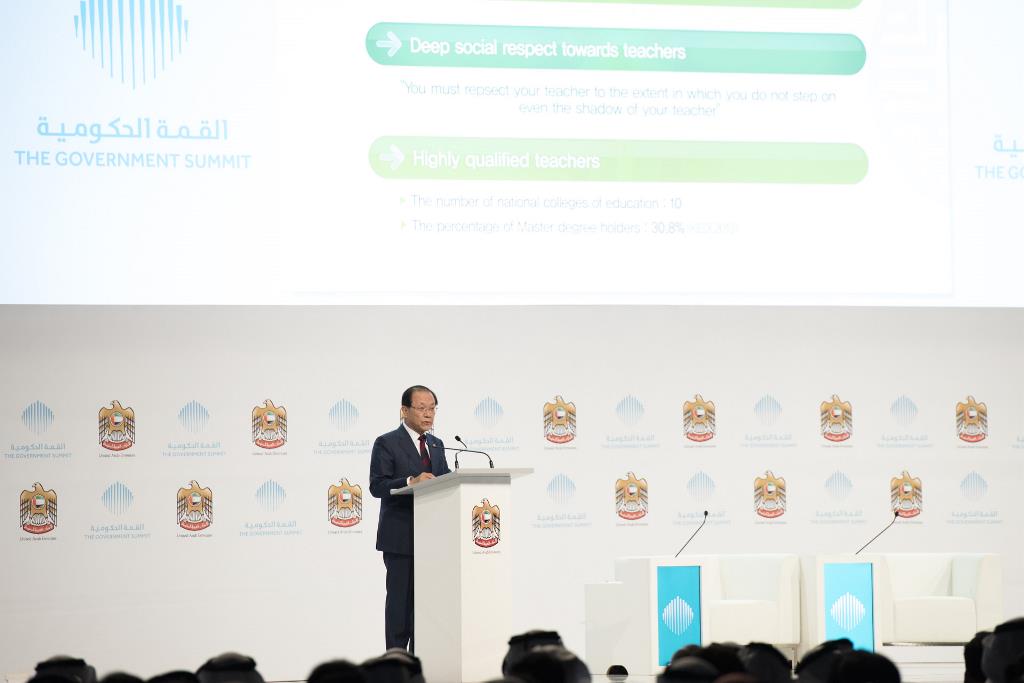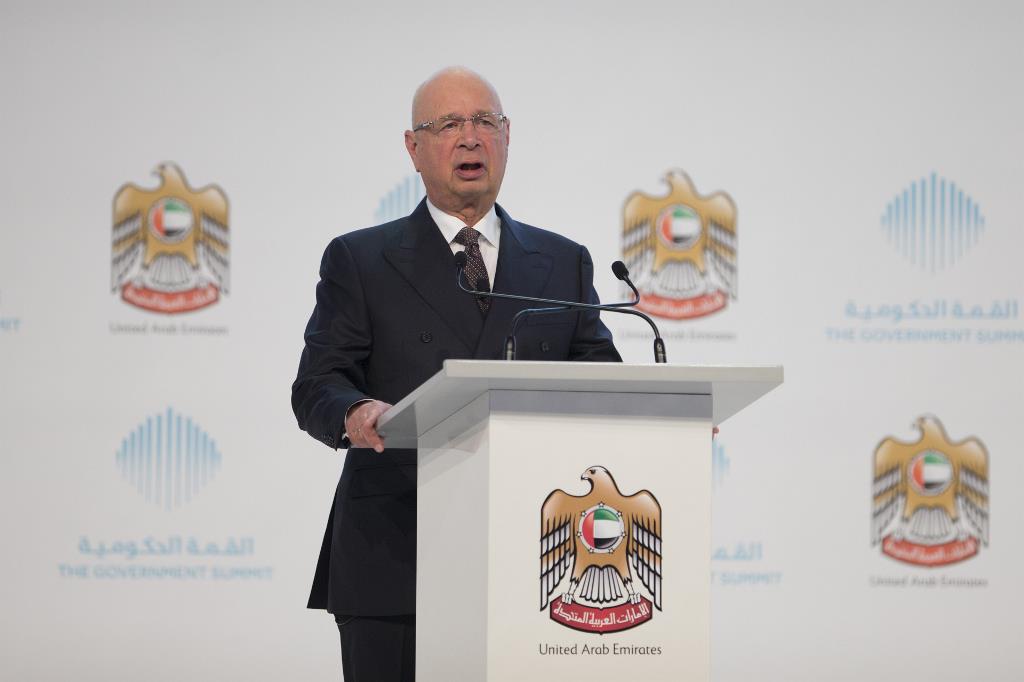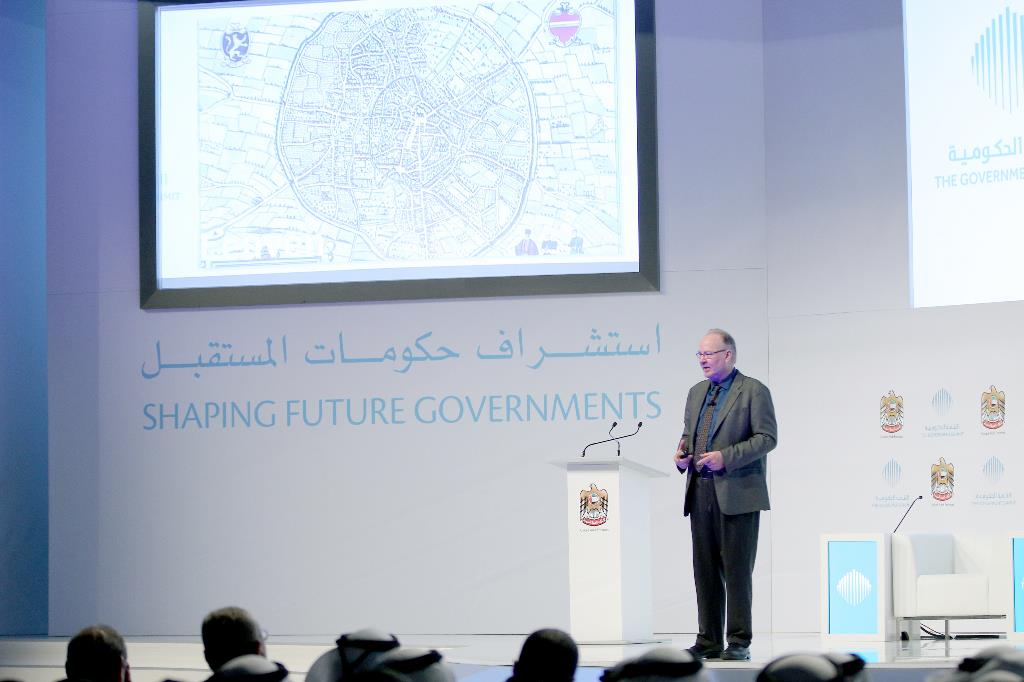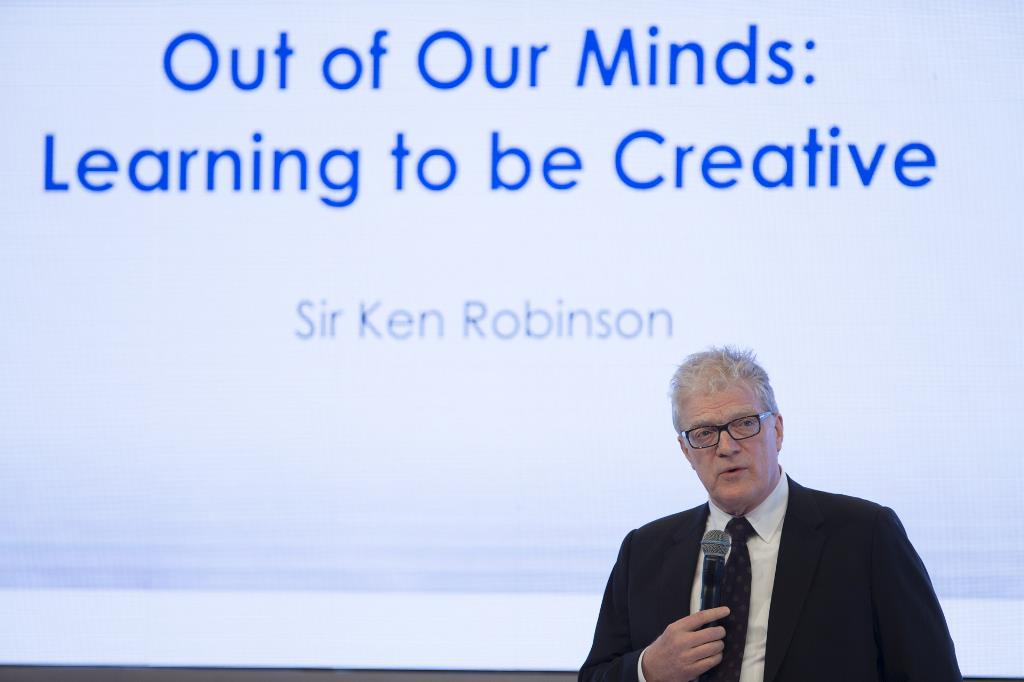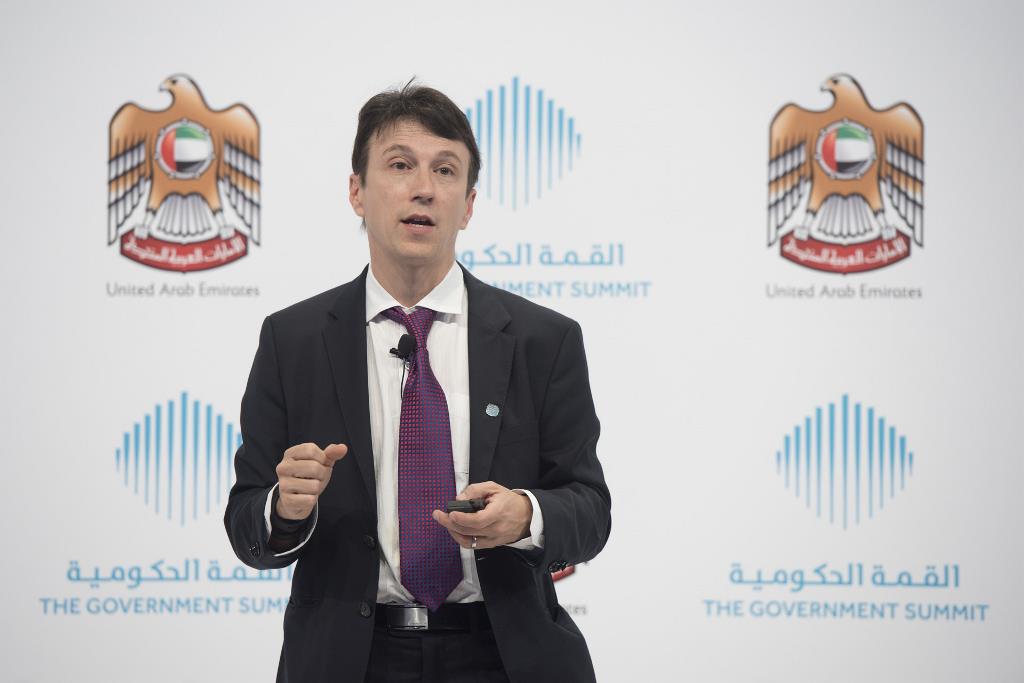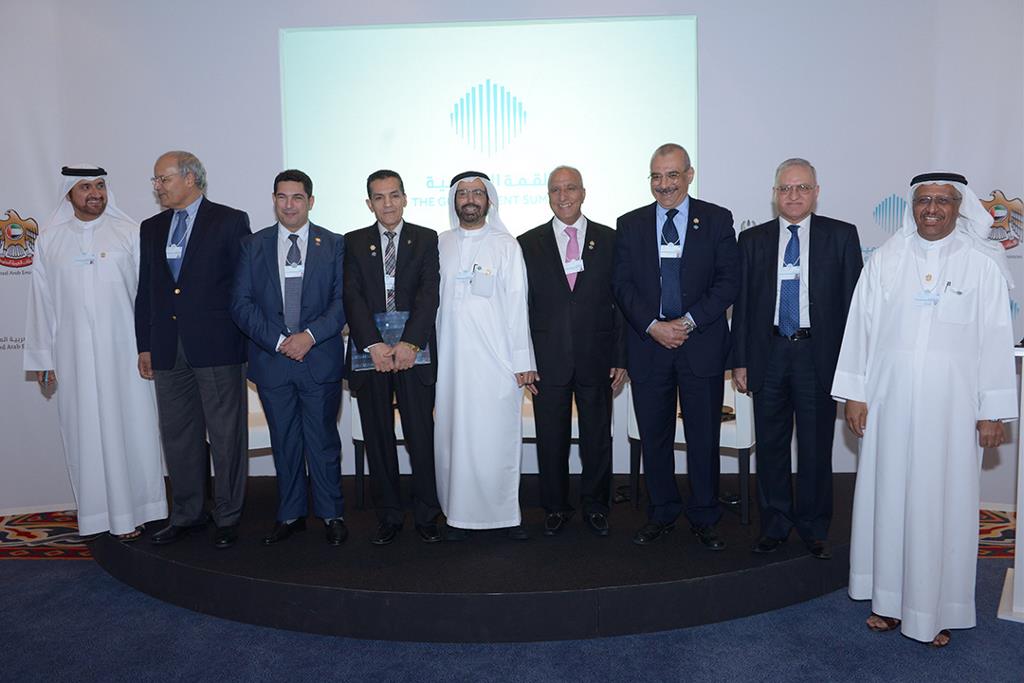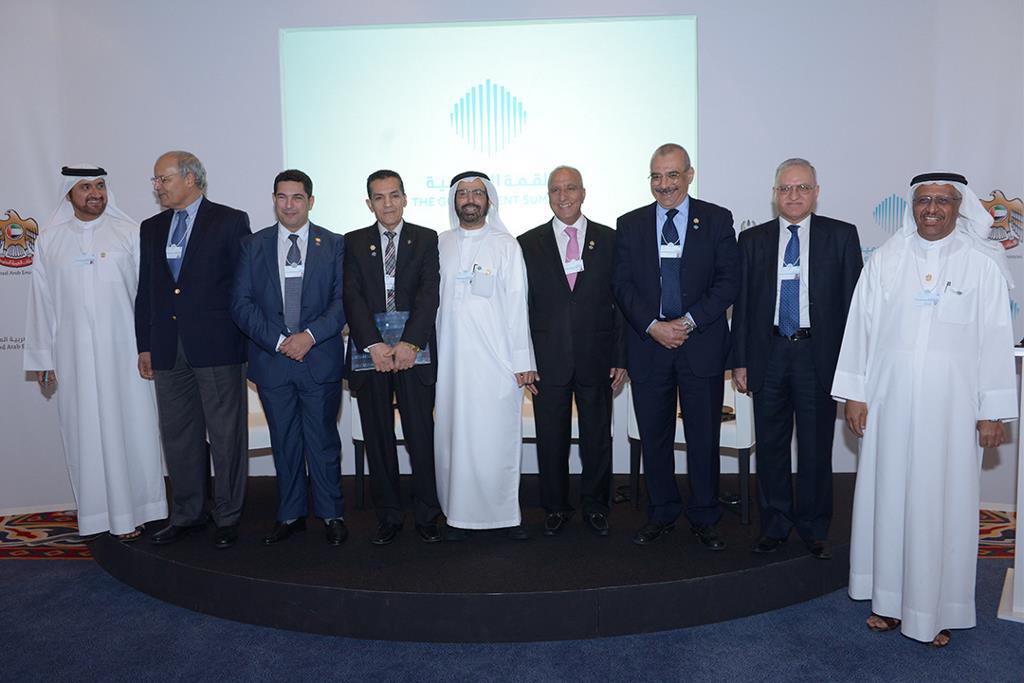e-Estonia: Unlocking the Power of Electronic and Mobile Government Services
Have you ever thought of becoming a virtual e-resident of a country? The prevalence of internet and mobile government services is changing the face of governance across the globe. Traditional methods of governance are soon diminishing and countries like Estonia are welcoming e-residents.
“e-Residence gives people the option to be recognized as Estonian citizens and avail its government services. But they do not need to be physically present in the country,” said Taavi Kotka, Government CIO and Deputy Secretary General at Estonia’s Ministry of Economic Affairs and Communication.
Speaking at The Government Summit 2015 at a session titled ‘e-Estonia: Unlocking the Power of Electronic and Mobile Government Services’, Kotka addressed the benefits people can get by becoming “digital citizens of the Estonian digital society”.
Kotka said the newly launched Estonian ‘digital embassies’ are located across the world. “The embassies will take care of the expatriate Estonian population and they are present in Tokyo, Sydney, Berlin, London, New York, Ottawa, and Sao Paulo,” he said.
This, he said, was made possible only because all government services in Estonia have been digitized. “All Estonians are required to have an identity card, which provides them access to all government and private sector services. The card was launched six years ago and now people in Estonia cannot do without the card.
“We had radical innovation; we made ID cards mandatory for every citizen to access all government services,” he said.
Kotka said all government and private institutions are connected in Estonia and the respective ministries have to provide information on a real-time basis. “If you take away the internet in Estonia, people cannot access their money,” he said. Everything from financial services, health, education, and other government services are interlinked in Estonia.
Citing the example of the success of the e-elections, Kotka said a fair and impartial election was possible in Estonia only because of the prevalence of e-governance.
“For 10 months in a year, Estonia has extremely cold weather. Dealing with harsh weather conditions is something that does not deter voters from casting their ballots, because it is done over the internet,” he said.
The Estonian government has the following key focus areas: “Connectivity, skills, citizens’ control of data, a single digital identity, government IT architecture, and a no-legacy policy,” he said.
Kotka went on to explain that Estonians have complete control over their private data and the government can access it only once. Conversations between the government and its people are kept simple and transparent. Complications are avoided at all costs. People are not forced or cajoled to try out new portals or apps.
Going back to the subject of digital embassies and e-residence, Kotka compared the existence of these virtual data storage hubs to the popular character in the Harry Potter series of books, Lord Voldemort.
“This character hides his soul in untraceable places, making him virtually indestructible. We have applied a similar formula, where data about Estonian nationals is stored in a special building, which is a physical and a virtual room,” he said.
Once the data is moved into the cloud, even if the physical place is attacked, people’s data remains intact.
Kotka said about 5,000 applications were received in the first 24 hours since the launch of e-residence. And about 17,000 applicants from 168 countries are on the waiting list.



